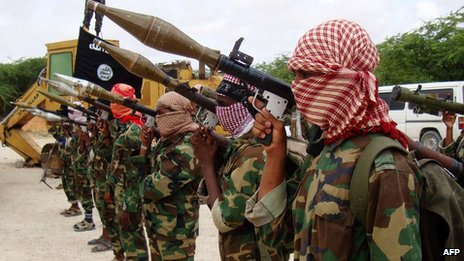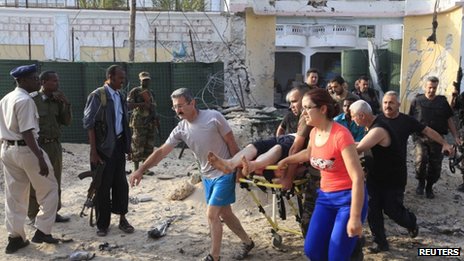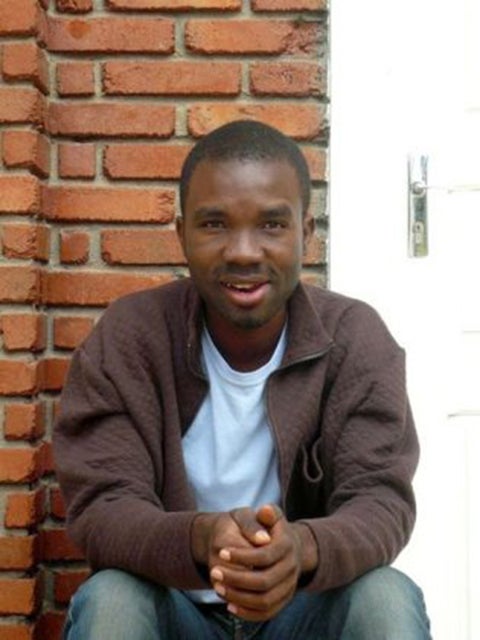By: Danielle L. Gwozdz
Impunity Watch News, Africa
MOGADISHU, Somalia – Two Kenyan hostages abducted by Somalia’s al-Shabab in January 2012 were released to their families on Thursday.

Yesse Mule and Fredrick Wainana were abducted from Gerille, Kenya by the al-Qaeda linked al-Shabab group. They were seized three months after Kenya troops entered Somalia to fight al-Shabab. They were moved to 19 different locations while being chained and blindfolded throughout the captivity.
Mr. Mule and Mr. Wainan, both government officials, were captured during an attack by about 100 al-Shabab fighters on a police camp in Gerille, a town on the Kenya-Somalia border.
“It was one of the worst moments. You are not sure about your life. You don’t know what will happen in the next second or minute.” Mr. Mule told BBC.
Mr. Mule was the Wajir County district officer and Mr. Wainana a government clerk. “We will continue to support them, including counselling them to ensure they get back to their normal life,” Interior Secretary Joseph ole Lenku told Capital News. “Once all that is done, we will post them to work at a station of their choice.”
Efforts to bring the two men back earlier had failed. The militia stood their ground, however, demanding Muslim prisoners in Kenya be released.
While the two men were brought from location to location, Mr. Mule told BBC that at each location “Every room within a house is a cell. You are blindfolded and chained. Both hands are padlocked to your legs.”
Kidnapping is a tactic used by militants to make a point or to publicize their activities. Victims have been held captive for months or even years. Some victims never make it back alive. Al-Shabab has taken numerous foreign hostages throughout the years.
Kenya did not pay the ransom for the two men’s release. Instead, al-Shabab handed them over to a group of traditional elders who negotiated their release.
The two men state they are not afraid to return to their jobs; however, the government has given them the option to transfer to a different region.
For more information, please visit:
Latin Business Today — Two Kenyan hostages released by al-Shabab — 2 August 2013
Metro News — Two Kenyan hostages released by al-Shabab — 2 August 2013
BBC News — Somalia’s al-Shabab frees Kenya’s Mule and Wainana — 1 August 2013
All Africa — Kenya: Al-Shabaab Releases Two Kenyan Hostages — 31 July 2013
Capital News — Kenyan officials abducted by Shabaab in 2012 freed — 30 July 2013



